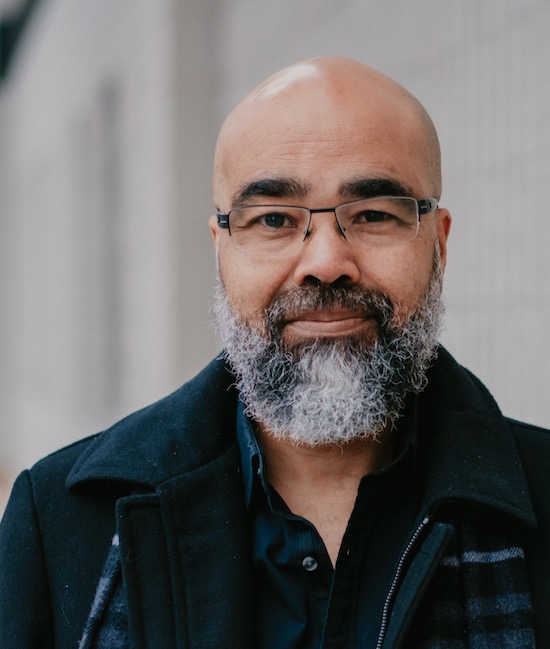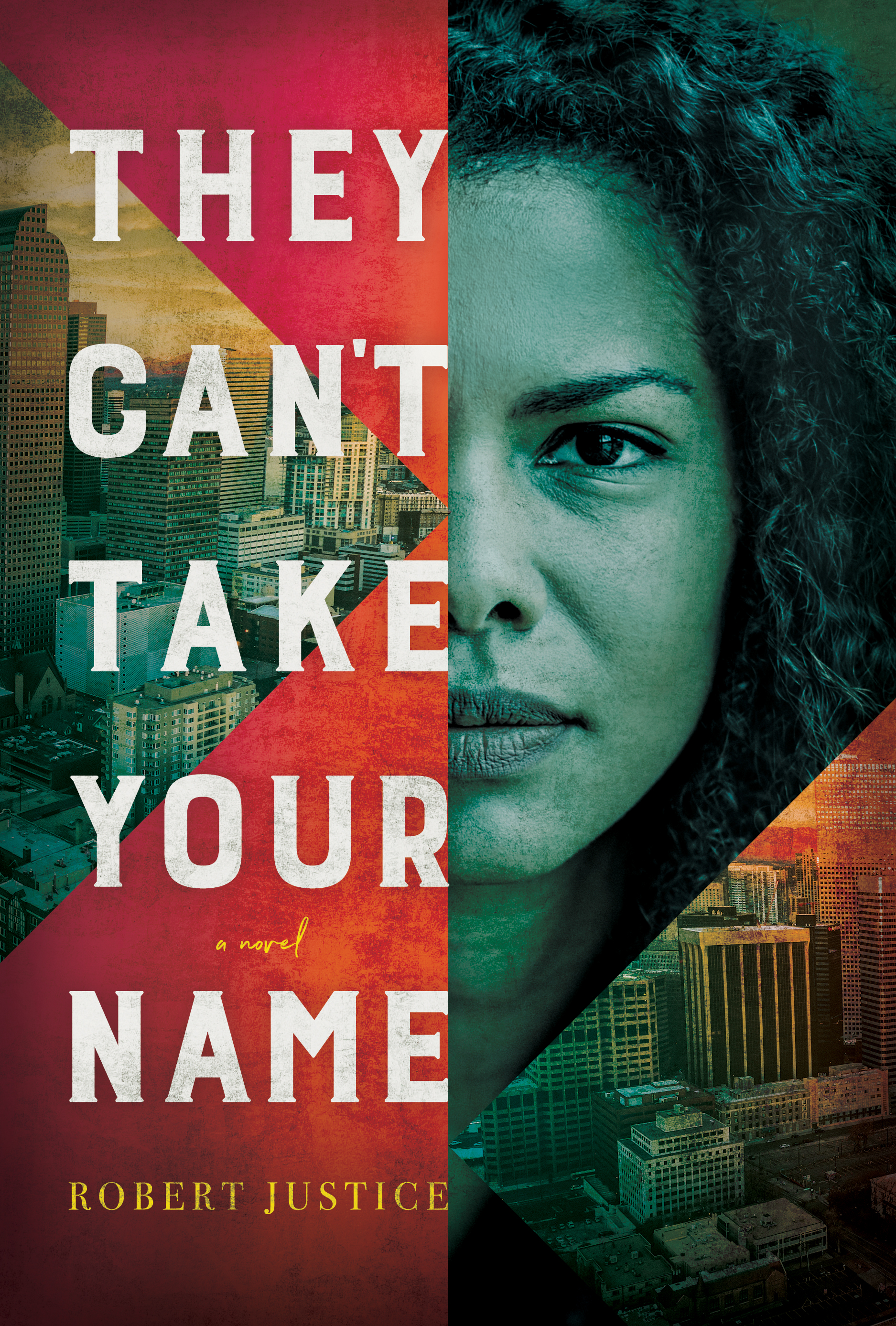Writing Denver—A Beautiful Place to Live but...
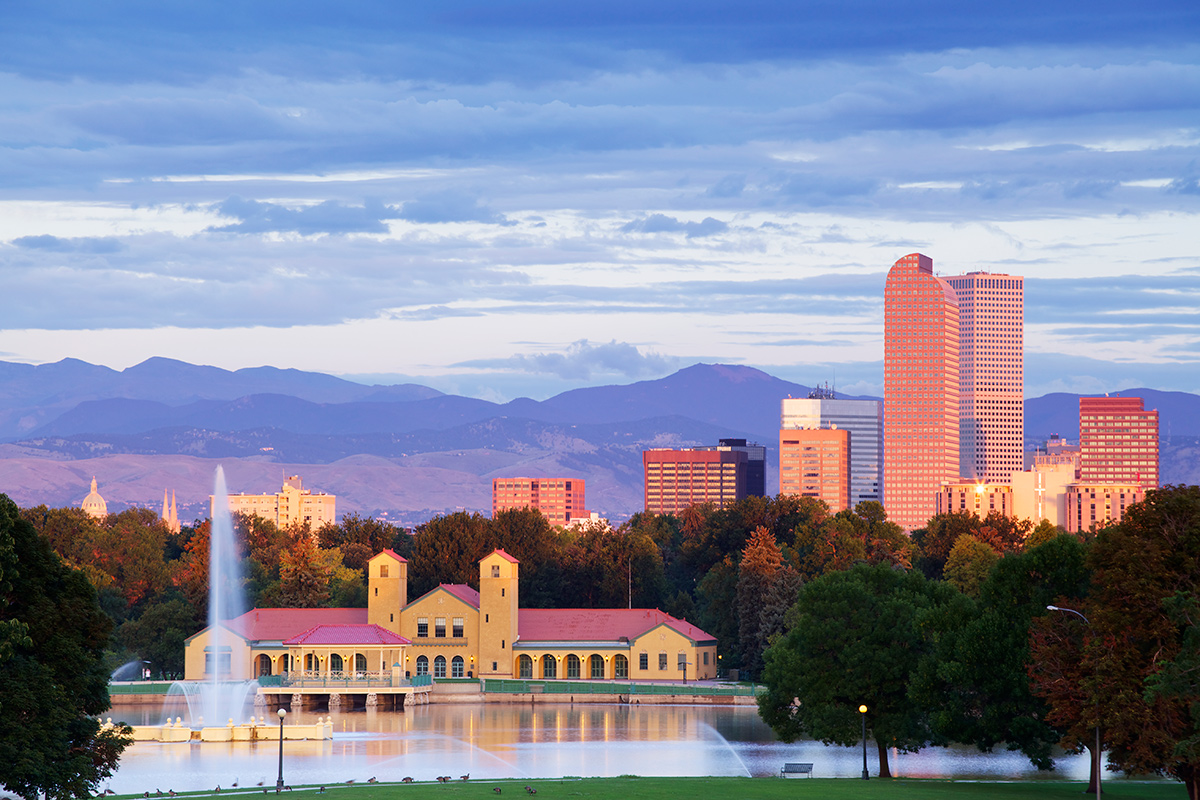
My Wrongful Conviction novels are set in my city, the Mile High City.
While Denver doesn't carry the mystic of places such as Los Angeles, New York or Chicago, it's a beautiful place to live and is the only place that I've called home.
Here are five Denver locales that appear in my novels.
Denver Botanic Gardens
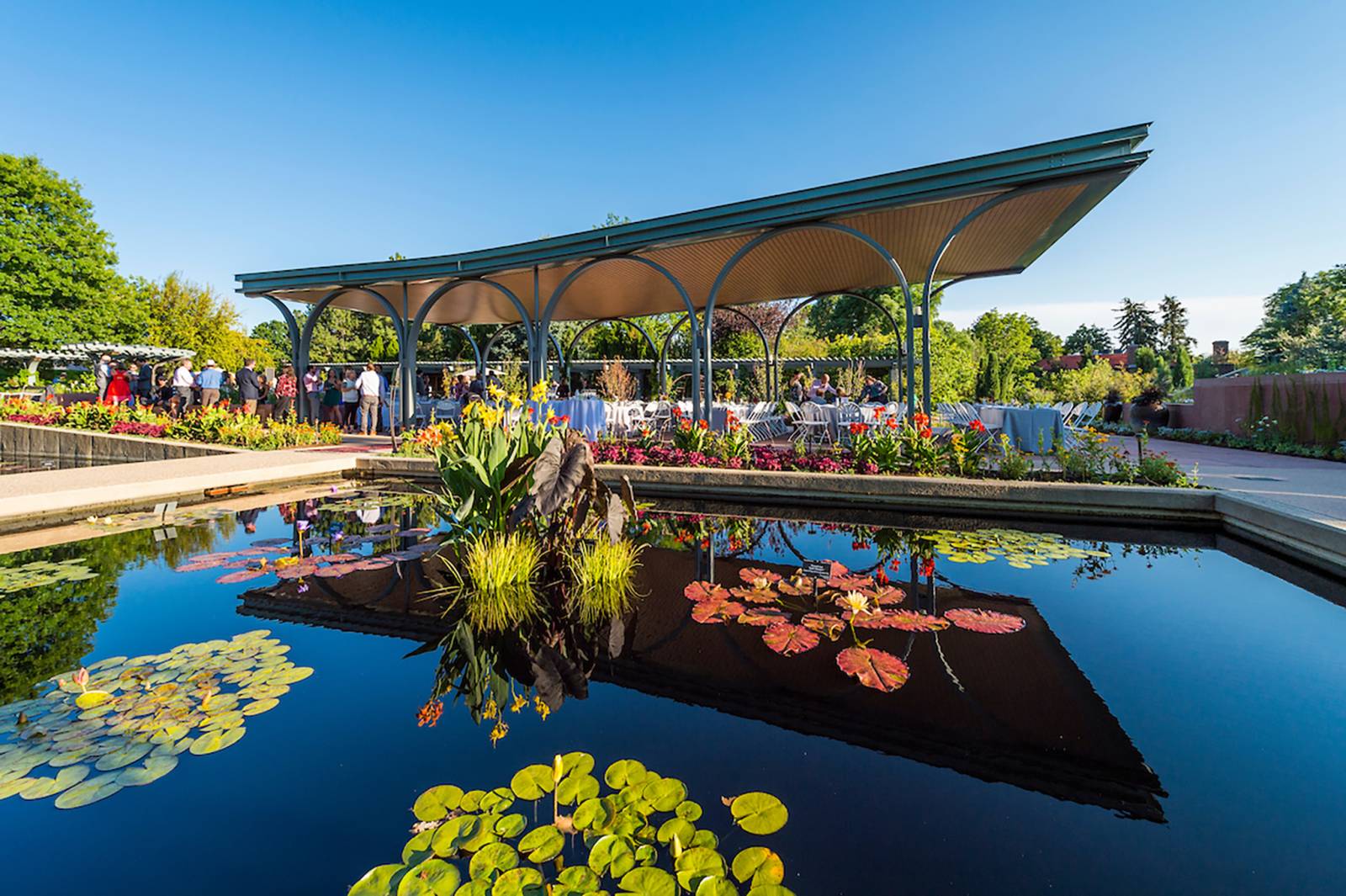
In THEY CAN'T TAKE YOUR NAME, I described the Denver Botanic Gardens as a place where "In the spring, the colors exploded like the Fourth of July. Reds, greens, purples, pinks, and blues lept off acres of green canvas. Lovers strolled; teachers corralled their kindergarten field-trips, and the seasoned citizens of the city made full use of their annual passes." This sprawling oasis of botanical delight was the perfect place to put an essential clue for my protagonist, Eli Stone: Beneath the dormant stench of death it lies.
Mother Cabrini Shrine
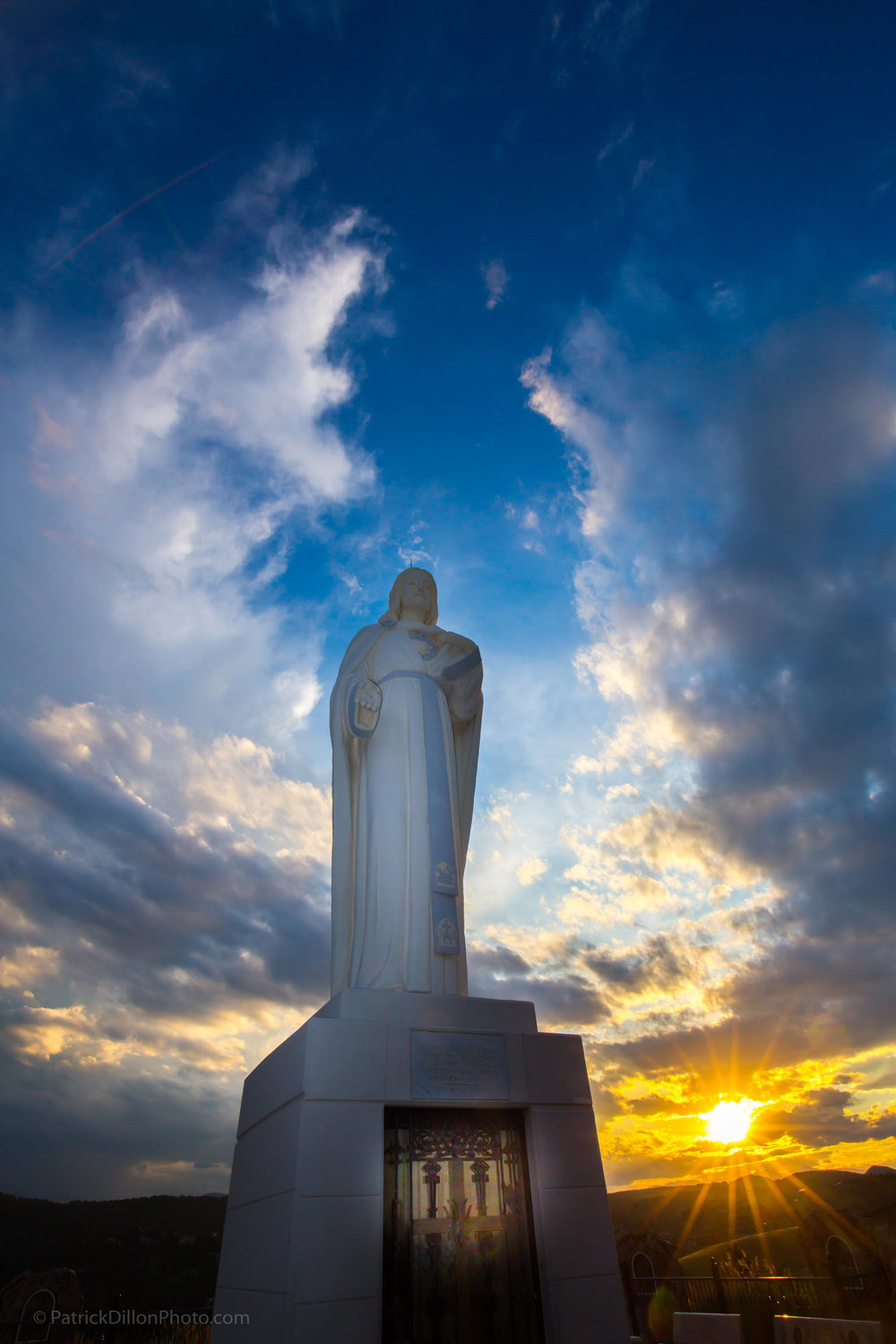
Francis Xavier Cabrini lived for the poor, sick, immigrants and orphans. Her dedication led her to open sixty-seven schools, hospitals and orphanages around the world, one for each year of her life.
The Mother Cabrini Shrine, is located in the foothills overlooking Denver. After young Eli witnessed the murder of his mentor it was here that Sister Frances brought him for safety and healing.
The Cash Register Building
.jpg)
It looks like an old style cash register and so that what we locals call it. On Father's Day of 1991 the building was owned by United Bank and was witness to one of Denver's most famous unsolved crimes—The Father's Day Massacre. The murderer methodically dispatched four security guards, firing eighteen rounds. He picked up his shell casings along the way and made off with $200,000. People Magazine called it Bloody Sunday.
I borrowed the basic details from this unsolved crime, including the fact that a former police officer was found not guilty in the same way described in the THEY CAN'T TAKE YOUR NAME. The crime and trial took place when I was in my early twenties, and I remember wondering if a black man would have been convicted under the same circumstances. This tragedy provided the basic framework for Langston’s wrongful conviction for what I called The Mother's Day Massacre.
Five Points
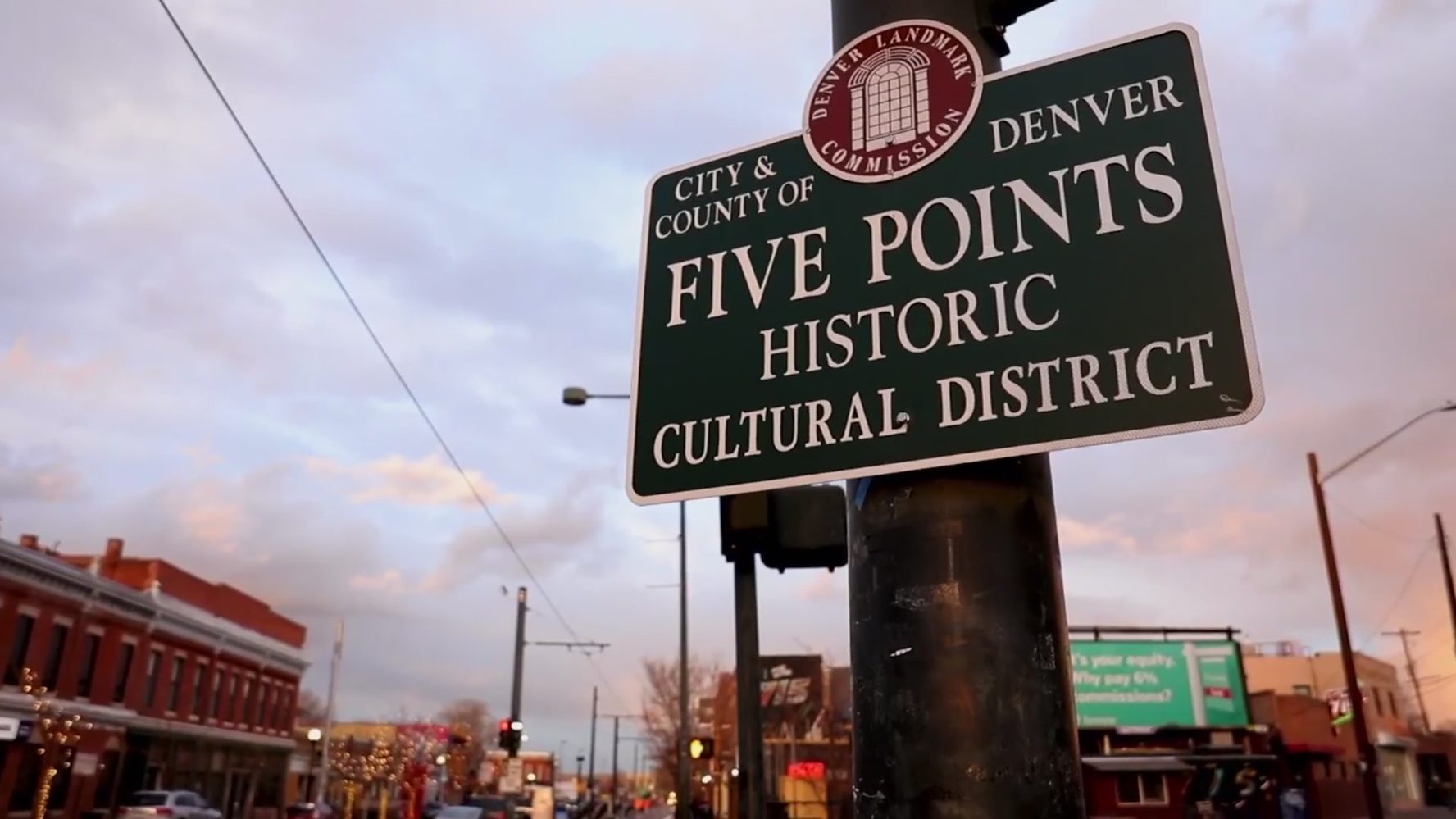
Five Points, named after it's signature five-way intersection, is the historic heart of Denver's Black community—the Harlem of the West.
In THEY CAN'T TAKE YOUR NAME I wrote that, "Five Points provided the larger city of Denver with cheap labor and an occasional eruption of anger that resulted in a few burned-out buildings and overturned cars but only mildly threatened the status quo. Even more, it was the heart of the black community. This was where they found their doctors and dentists, churches and mortuaries, bars and barbershops. Here they were safe from that which sucked so much life from them on a daily basis. After Antoinette’s death, Eli moved back because in Five Points he felt like he could breathe."
I’ve lived my whole life in Denver, and—like any author—I write what I know. Historically, Denver’s black community found solace in Five Points and for years, before gentrification set in, Five Points was a place that I would go to find respite from life outside our historic home. During these times, I’d often dream of restoring and reopening the legendary jazz club—The Rossonian.
The Rossonian
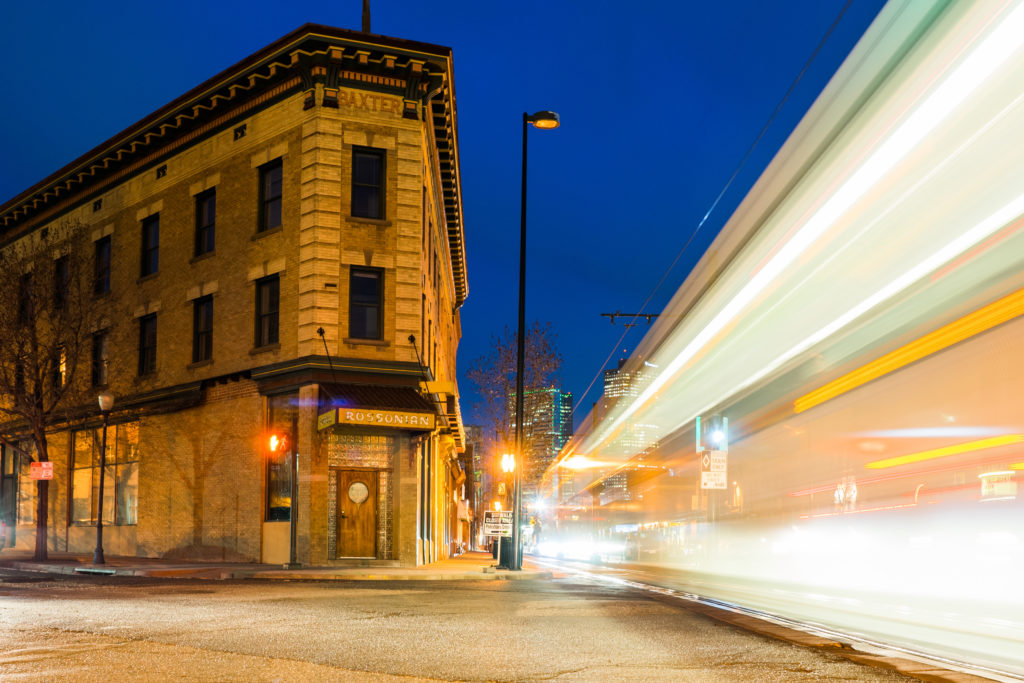
Back in the day, the Rossonian was the place to see and be seen. This majestic three-story wedge-shaped building was where Ella, Duke, Basie, and Billie took the stage as they passed through Denver and needed to escape the sting of segregation. It is here that Eli and Liza meet—a broken-hearted man and a desperate woman—and begin their journey together.
My Own Backyard
Denver is a beautiful place to live and I love the city I call home. However, part of my aim in setting my novels in Denver is to shine a light on the fact that in this beautiful place to live, not everyone is living beautifully. Wrongful convictions can happen anywhere. I’ve set my novels about systemic injustice leading to wrongful convictions in my hometown of Denver because I must not assume that what happens in other places is not also happening in my own backyard.
